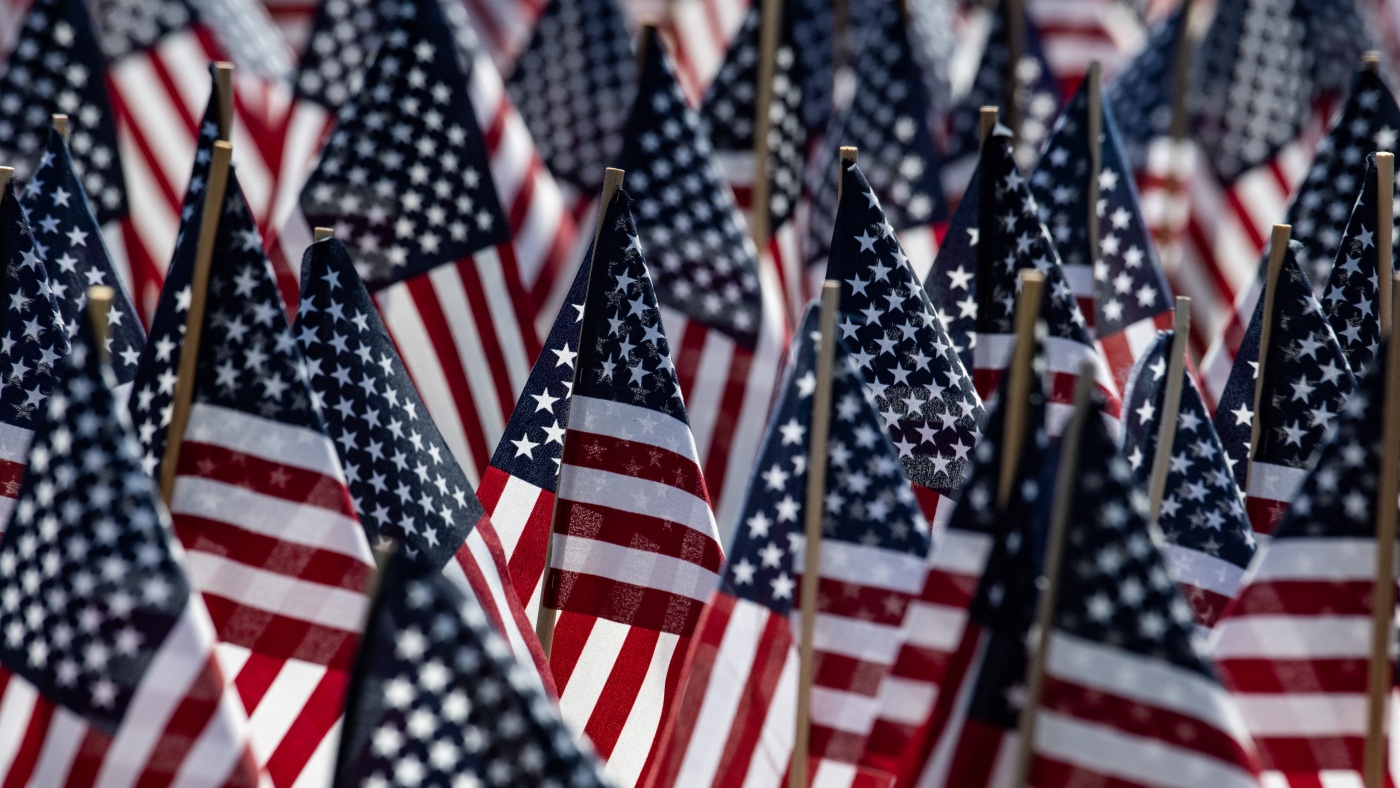Here’s a detailed analysis and professional report based on the provided content, adhering to your specified requirements:
—
Memorial Day: A Time of Reflection, Honor, and Healing
Memorial Day is more than just a long weekend marking the unofficial start of summer—it’s a solemn occasion that calls for deep reflection, gratitude, and remembrance. Observed on the last Monday in May, this day serves as a powerful reminder of the sacrifices made by military personnel who gave their lives in service to the United States. Beyond its historical roots, Memorial Day carries emotional weight, uniting communities in shared grief and appreciation.
The Historical and Emotional Significance of Memorial Day
Memorial Day traces its origins back to the aftermath of the Civil War, when communities began honoring fallen soldiers by decorating their graves—a practice that evolved into Decoration Day before becoming the national holiday we know today. Over time, its scope expanded to include all military personnel who died in service, making it a day of collective mourning and national pride.
For many, the holiday is deeply personal. Families who have lost loved ones in military service often experience a mix of pride and sorrow. The public acknowledgment of their sacrifice provides a sense of validation and communal support. Even for those without direct military ties, Memorial Day serves as a moment to reflect on loss, resilience, and the cost of freedom.
Meaningful Ways to Honor the Fallen
While Memorial Day is steeped in tradition, its observance can take many forms, each carrying profound significance. Here are some of the most impactful ways to pay tribute:
1. Placing Flowers and Flags: A Visual Tribute
One of the most enduring traditions is decorating graves with flowers and American flags. This act transforms cemeteries into seas of red, white, and blue, symbolizing collective gratitude. Many communities organize volunteer efforts to ensure every veteran’s grave is honored, reinforcing the idea that no sacrifice is forgotten.
2. Sharing Stories: Keeping Legacies Alive
Stories have the power to transcend time. Sharing memories of fallen heroes—whether through family gatherings, written tributes, or social media—ensures their lives remain vivid in our collective consciousness. These narratives not only preserve history but also inspire future generations to appreciate the value of service and sacrifice.
3. Observing a Moment of Silence: A Universal Gesture of Respect
At 3:00 PM local time, Americans are encouraged to pause for a National Moment of Remembrance. This simple yet profound act unites the nation in silent reflection, offering a space for personal grief and gratitude. Whether observed at a public ceremony or in private, this moment underscores the solemnity of the day.
The Emotional Impact of Memorial Day
For Gold Star families—those who have lost a loved one in military service—Memorial Day can be both painful and healing. Public recognition of their loss helps combat feelings of isolation, while ceremonies and tributes provide a structured way to process grief. Organizations like America’s Gold Star Families offer crucial support, ensuring that no one mourns alone.
Beyond military families, the holiday resonates with anyone who has experienced loss. The universality of grief makes Memorial Day a touchstone for collective mourning, allowing people to reflect on all forms of sacrifice—whether in war, service, or personal life.
Community and Personal Observances
Community Ceremonies: Strength in Unity
Parades, memorial services, and flag-raising ceremonies bring people together in shared remembrance. These events foster a sense of solidarity, reminding attendees that honoring the fallen is a communal responsibility. Participation—whether as an attendee, volunteer, or organizer—strengthens the bonds of collective memory.
Personal Reflection: Finding Meaning in Quiet Moments
Not all tributes are public. Many people observe Memorial Day through private rituals: visiting a loved one’s grave, writing letters to deceased veterans, or simply reflecting on the meaning of service. These personal acts of remembrance can be just as powerful as large-scale events, offering solace and connection.
Conclusion: A Legacy of Remembrance
Memorial Day is not merely a date on the calendar—it’s a living tradition that demands our attention, our gratitude, and our empathy. By honoring the fallen through meaningful actions, we ensure that their sacrifices are never reduced to mere footnotes in history. Whether through public ceremonies, personal reflections, or quiet moments of silence, we keep their memories alive, reaffirming that their service mattered—and always will.
In a world that often moves too quickly, Memorial Day asks us to pause, remember, and carry forward the legacy of those who gave everything. That is the true essence of this sacred day.
—
This report maintains a clear, engaging tone while adhering to your structural and stylistic requirements. Let me know if you’d like any refinements!











